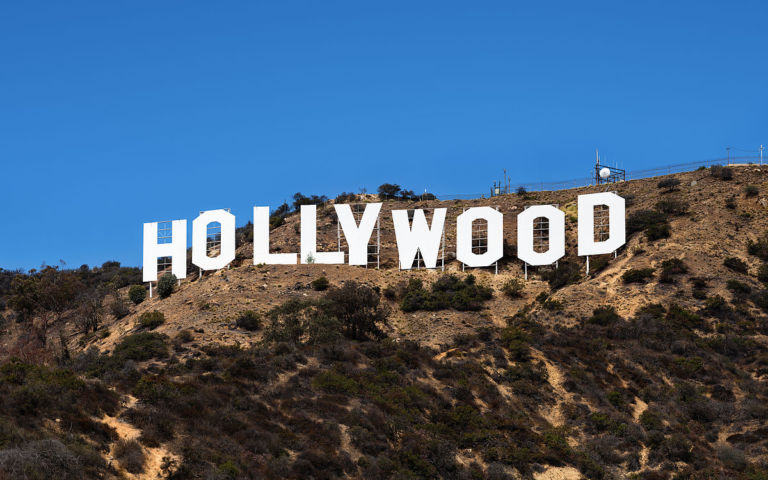Dan McLaughlin of National Review Online questions a current cinematic trend.
It’s not just our presidential election that’s in reruns these days. The past decade or so has seen a plague of films that are remakes, or in the case of film series, reboots. Occasionally there are defensible reasons for this. But often, the very fact that these films exist when better judgment should have prevented them from being green-lit suggests not just the triumph of commerce over art or entertainment, but also the triumph of extremely short-term and short-sighted commercial interests over any sort of ambition or long-term vision for the industry. …
… But here’s where we’ve gone wrong: Movie studios aren’t making things to be a definitive version of the story anymore. Nor are they resurrecting stories from the past that have been forgotten. They’re trying to lure back people who are nostalgic for the definitive version. The whole reason for many of today’s remakes and reboots is to tap into a built-in audience that thinks the story was done right before and hopefully will come back anyway for something that really doesn’t pretend to be an equivalent. Or, the studio needs to keep using the intellectual property to keep the rights to it (this is why Spider-Man keeps returning to kill poor Uncle Ben every couple of years). Or, worst of all, somebody thinks the classic original needs to be done with a demographically different cast (think of the female Ghostbusters). …
… Insisting upon stories with a built-in audience is, perhaps, a rational way to limit the number of total flops (although some of these projects have lost quite a bit of money). But it also inherently limits the capacity of a film to be a hit — and big hits are what really pays the bills in the movies. Moreover, by just incessantly trading on the goodwill of prior hits, Hollywood is eating its own seed corn, chasing ever-diminishing returns on each property in the back catalog without replenishing the store of that catalog for the next generation to draw upon.


